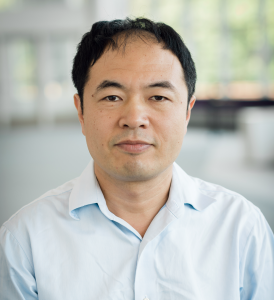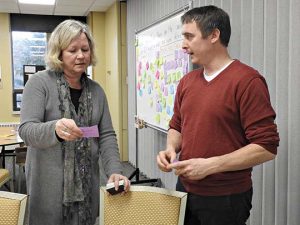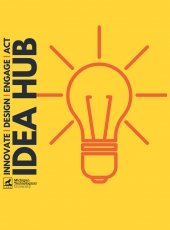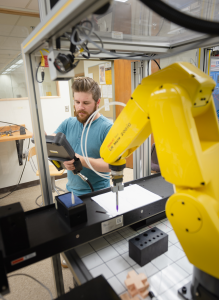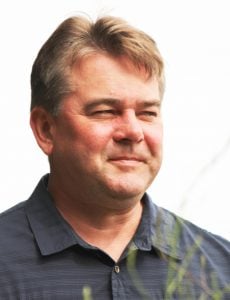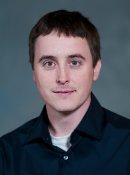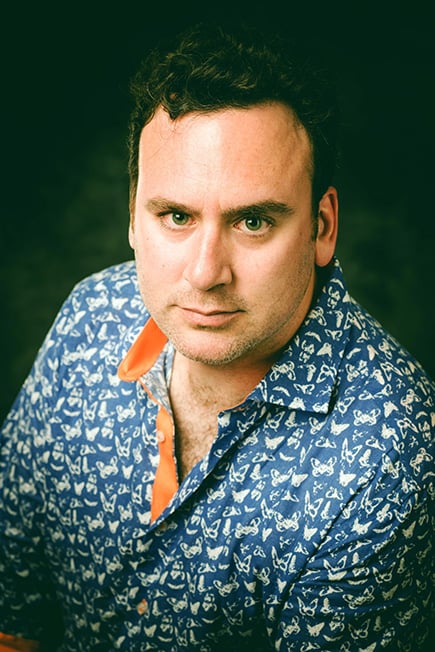
Tim Havens, College of Computing associate dean for research, has been awarded an 18-month, $120,000 grant by Signature Research, Inc. The project, “Machine Learning for Human-Based Visual Detection Metrics,” contributes to an effort to develop a methodology that predicts the impact to human vision due to the existence of atmospheric particles. Havens is also the director of the Institute of Computing and Cybersystems and the William and Gloria Jackson Associate Professor of Computer Systems.
Abstract: This project contributes to an effort to develop a methodology that predicts the impact to human vision due to the existence of atmospheric particles. Due to the variability of atmospheric conditions and particulate matter (dust, ice, etc.) extensive field test campaigns to characterize the impacts to human vision are impractical. As a result, a model-based approach must be developed in order to evaluate all possible conditions in a virtual environment. It is envisioned that this approach will incorporate both human in-the-loop evaluations as well as generation of machine learning algorithms to serve as an in-situ human observer.
Signature Research, Inc. provides solutions to DoD and the Intelligence Community, specializing in Signature Phenomenology, Analysis, and Modeling of items of military interest covering the breadth of the electromagnetic spectrum. Signature Research, Inc. engineers and scientists have developed methodologies, tools and products to help visualize and interpret electromagnetic signatures, and Signature Research, Inc. staff are recognized experts within the various communities in which they work. SGR’s corporate headquarters is located in Calumet, Michigan, with a second operating location in Navarre, Florida near Eglin Air Force Base and Hurlburt Field. http://signatureresearchinc.com
